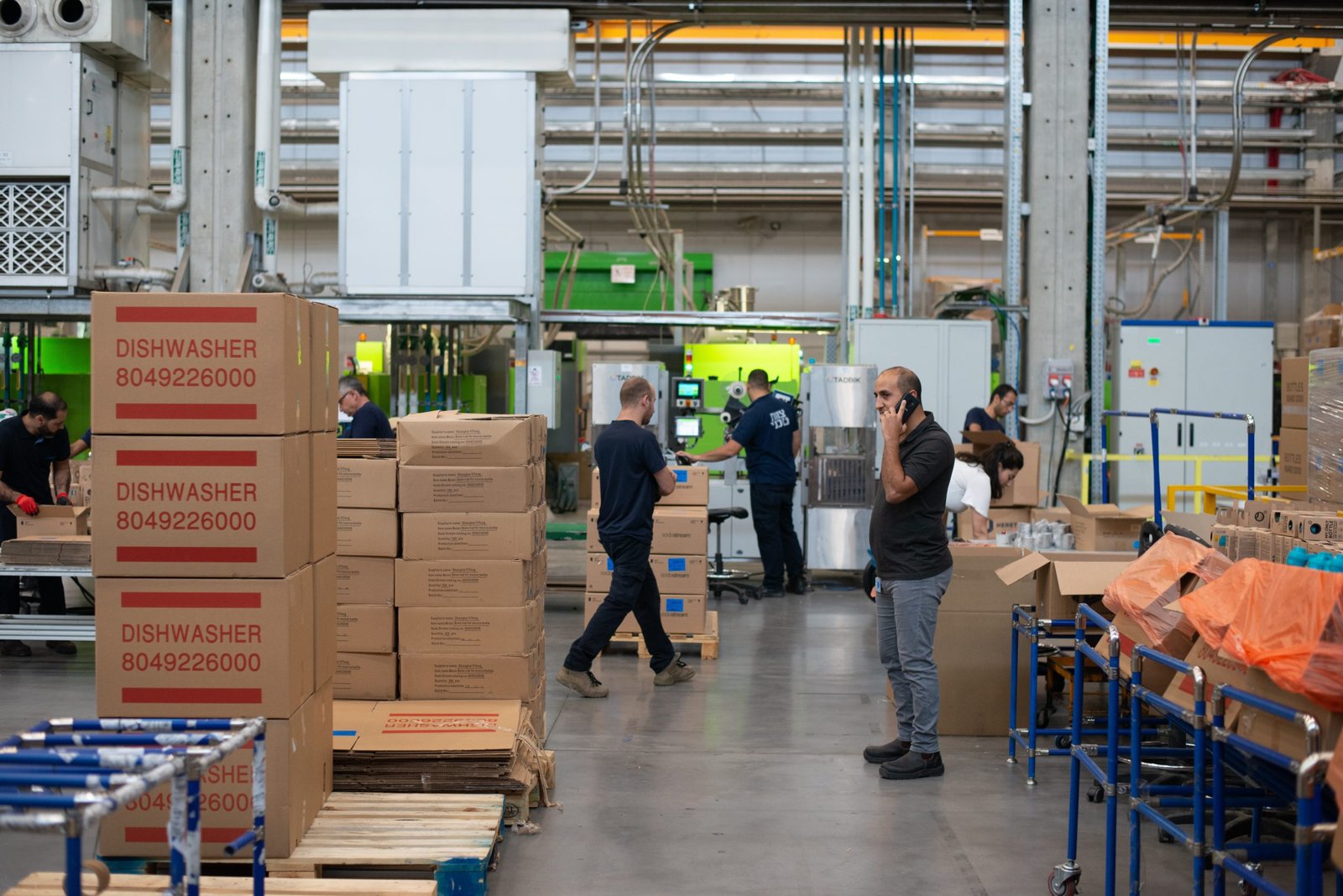Starting with the technology (read “Automation”) perspective, which is in fact the one that formal successful career in warehouse and distribution.
education does power, there are several parts to the answer:
1. How can young graduates get into this field? As “standard”, an education in automation
engineering or electrical engineering is a straight ticket to the automation world. Nevertheless, as today’s landscape gets more and more connected and interconnected, digital and data-driven, IT profiles (software & interfacing, infrastructure & networking, cybersecurity, etc.) not only have a clear opportunity to delve into the automation “stack” but are an absolute must.
2. Such young graduates emerge from academia with automation and IT skills which then need to be developed specifically in the realm of warehousing and distribution, respectively the discrete associated automation systems, architectures, and practices, which generally are not part of the standard formal educational package/program.
3. To a great extent, the point above does translate into “learning by doing” and being
coached and mentored, perhaps even more so than entering a manufacturing environment after graduation. This is largely due to the fact the automation-focused university topics are generally derived from and for manufacturing practices and purposes. Warehousing is different, especially over the last decade or more, when it transformed (and keeps on transforming) at great (and increasing) speed from a “rows of racks in a concrete shell” cost center to a true technology-driven competitive differentiator.
4. The paths into this world are limited in types, while many in choices and in also great demand:
automation OEMs, automation services and consulting companies, internal engineering
departments of 3PLs respectively those of "end-customers" etc. Combining expertise within two or more of these segments will bring not only an enhanced view and understanding of the logistics and related automation businesses, but equally a strong ability to constructively envision their combined futures.
skill sets are needed to make a successful career in warehouse and distribution


